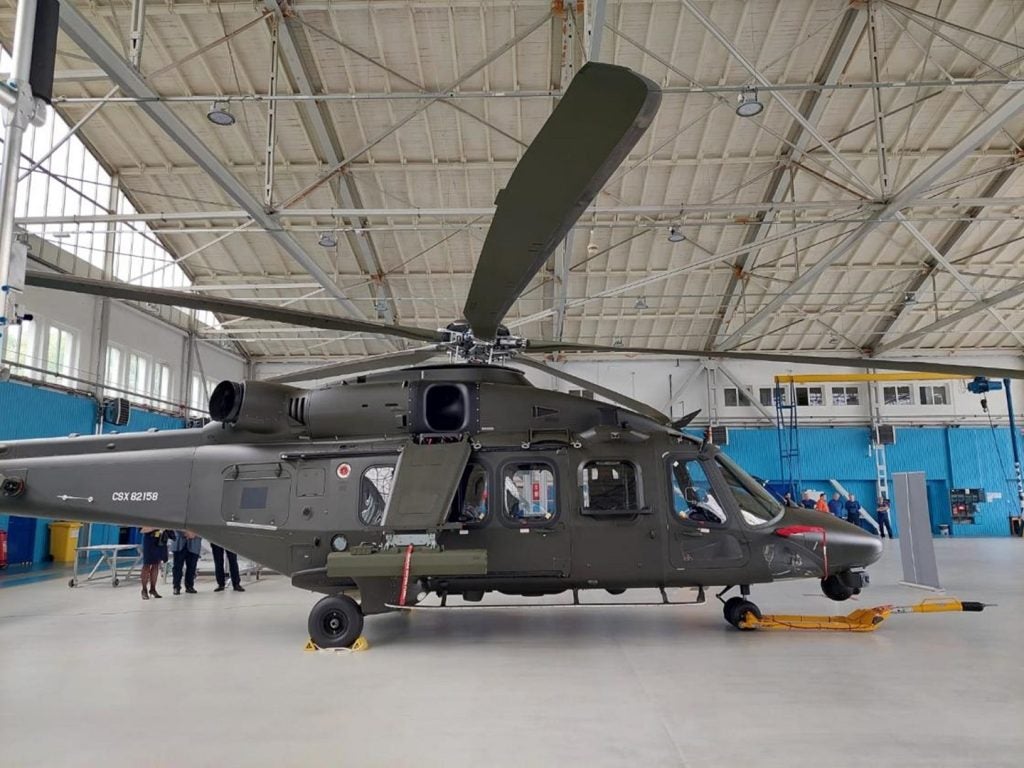
Estonian Defence Minister Hanno Pevkur has confirmed the government’s decision to allot budgetary funds for the procurement of mid-range air defence systems.
While the country plans to award contracts for the air defence systems by the first quarter of 2023, it expects an operational system by 2025.
The procurement programme will receive investment between 2024 and 2027, and the initial systems will likely be delivered by 2024.
According to Pevkur, the contract is likely to cost ‘hundreds of millions of euros’.
Pevkur said: “This is a big step forward towards filling this critical capability gap.
“The cost of these capabilities will include the air defence system, as well as the necessary infrastructure, personnel, training, equipment, and other related costs.”
How well do you really know your competitors?
Access the most comprehensive Company Profiles on the market, powered by GlobalData. Save hours of research. Gain competitive edge.

Thank you!
Your download email will arrive shortly
Not ready to buy yet? Download a free sample
We are confident about the unique quality of our Company Profiles. However, we want you to make the most beneficial decision for your business, so we offer a free sample that you can download by submitting the below form
By GlobalDataThe mid-range air defence systems will help the armed forces neutralise planes, helicopters, uncrewed aerial vehicles, and cruise missiles, as well as loitering munitions.
Estonian Centre for Defence Investment (ECDI) Communications and Radar Category manager Priit Soosaar said: “The mid-range air defence capabilities will include the air defence missile system, radars, and command centres, as well as a multitude of other components.
“This is a mobile missile system, which will allow destroying airborne attackers from at least 30km away.”
Headed by ECDI, the procurement process will be taken up in coordination with the Latvian Ministry of Defence, following a recent agreement.
The ECDI carried out market research and has so far held talks with six major companies.
The Estonian defence minister also highlighted the need to develop early warning and defence systems across Europe to be prepared for the security threat posed by Russia.
According to the minister, Estonia has set aside 2% of its Gross Domestic Product (GDP) for defence spending. The investment will increase to 2.8% in the next four years.
He also pointed out that early warning based on electronic warfare and electromagnetic spectrum technologies is needed most in the wake of the war in Ukraine.
“Therefore, cooperation between countries in the defence industry is extremely important,” Pevkur noted.







